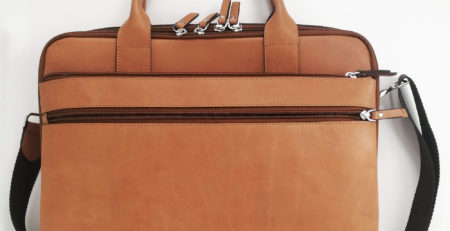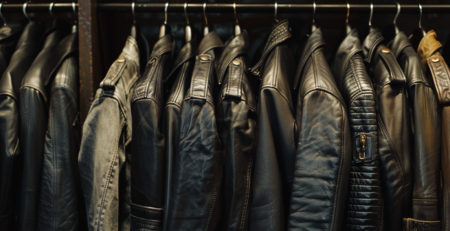Turkey Emerges as New Leather Manufacturing Hub Amid US-China Tariff Tensions
US Tariffs on China Could Make Turkey the New Hub for Leather Products Manufacturing
The economic tensions between the US and China are reshaping manufacturing processes, particularly in the leather products industry. US tariffs imposed on China are prompting global brands to shift their manufacturing bases to alternative countries. Turkey, with its extensive production experience and capacity in leather goods, is emerging as a compelling alternative.
Why Turkey is Ideal for Leather Products Manufacturing?
Turkey holds strong potential in leather goods manufacturing, thanks to its strategic geographical location and advanced manufacturing infrastructure. High-quality craftsmanship, flexible production processes, and proximity to the European market position Turkey as a preferred production hub for global leather brands.
Advantages of Turkey:
- Quality Craftsmanship and Materials: Specialized workshops offering high-quality leather processing.
- Production Flexibility: Quick and customized production capabilities ensuring rapid response to orders.
- Strategic Location: Easy access to markets in Europe, the Middle East, and North Africa.
- Cost-Effectiveness: Capable of providing cost-effective solutions as an alternative to China.
Huzur Leather: Trusted Partner for Global Brands
At Huzur Leather, we have produced bags for prestigious brands like Mango and Tous, as well as leather jackets for global fashion giants such as Jacquemus, Loewe, Balmain, and Mackage. With this experience, we are well-equipped to undertake new manufacturing demands from US-based global brands. Our lookbook pdf.
Committed to uncompromising quality, sustainable, and ethical manufacturing practices, Huzur Leather stands out as a reliable production partner for international brands.
In conclusion, as the US-China economic tensions persist, Turkey positions itself as a robust alternative for leather products manufacturing, and Huzur Leather is ready to meet this growing demand.









